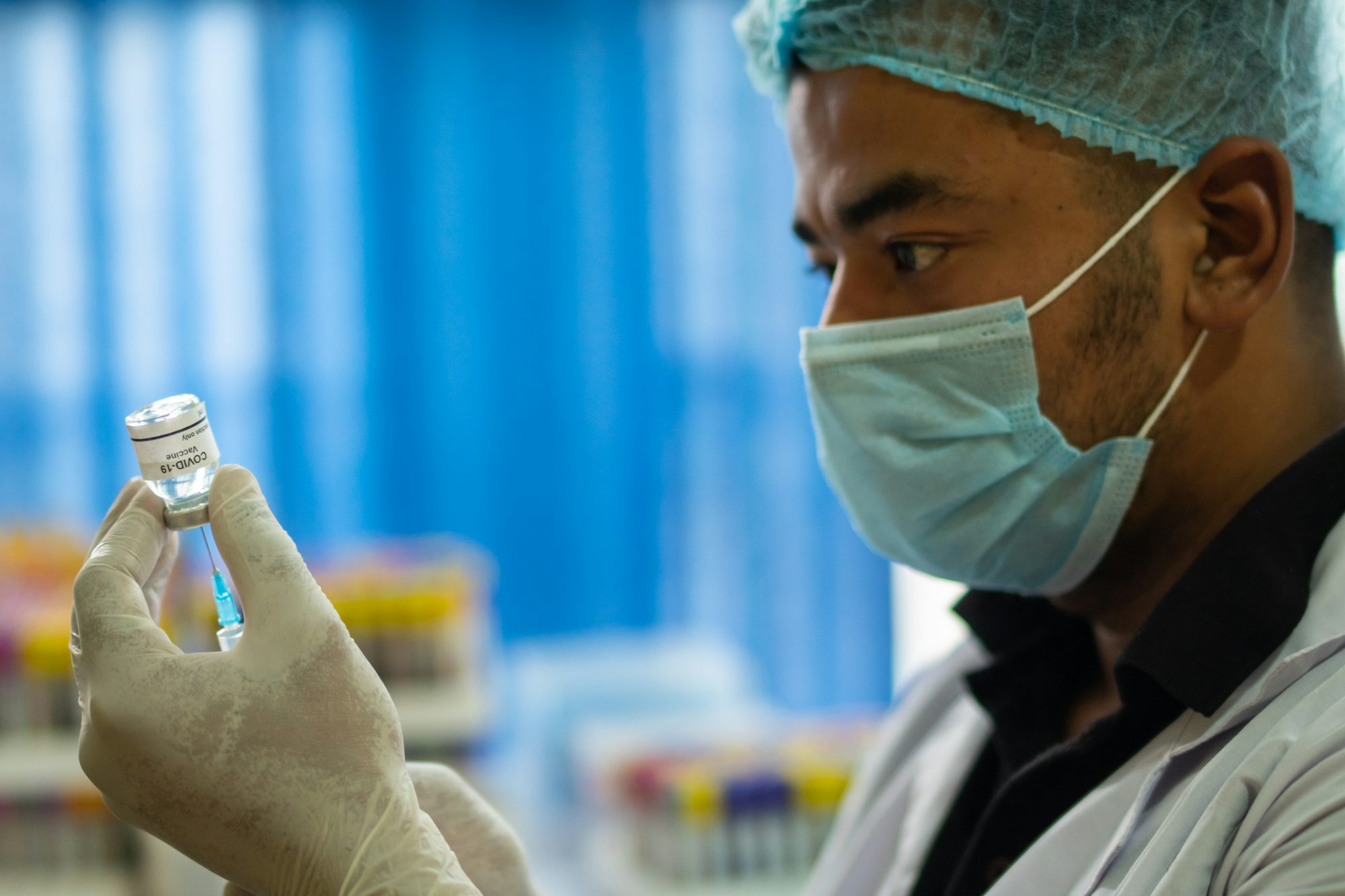In the contemporary healthcare landscape, clinics play a vital role in providing accessible and specialized medical services. From general medical clinics that offer primary care to specialty clinics focusing on specific health issues, the array of options available ensures that individuals receive tailored care that meets their unique needs. This article aims to explore the various types of clinics, their functions, and how they contribute to promoting health and well-being in society. General medical clinics serve as the first point of contact for many patients seeking healthcare. These clinics provide comprehensive primary care services, including routine check-ups, vaccinations, and management of minor health concerns. By fostering a long-term relationship with patients, general medical clinics help monitor health changes over time and provide preventive care to mitigate potential health issues before they escalate. Specialty clinics, on the other hand, focus on specific areas of healthcare, allowing for more targeted treatment. Dental clinics, for example, are dedicated to oral health, offering services such as cleanings, fillings, and preventive care. Regular dental visits not only maintain oral hygiene but also contribute to overall health by preventing complications that can arise from untreated dental issues. Orthopedic clinics specialize in musculoskeletal health, addressing conditions such as joint problems and sports injuries. Through advanced diagnostic techniques and rehabilitation programs, these clinics support patients in their recovery journeys, enabling them to return to their daily activities and sports. Cardiology clinics play a crucial role in managing heart health, offering diagnostic tests and treatment plans tailored to individual needs. By focusing on cardiovascular wellness, these clinics contribute significantly to enhancing the quality of life for patients at risk for heart-related concerns. Another important specialty is ophthalmology clinics, which provide comprehensive eye care, including vision testing and treatment for various ocular conditions. Maintaining good vision is essential for overall well-being, and these clinics ensure that patients receive necessary evaluations and treatments to protect their eyesight. Dermatology clinics focus on skin health, addressing a wide range of skin conditions and offering cosmetic procedures to enhance aesthetic appearance. By promoting skin health and providing education on proper skincare, these clinics contribute to the confidence and well-being of their patients. Mental health is equally important, and psychiatric clinics offer services aimed at supporting individuals through therapy and counseling. These clinics provide a safe environment for discussing mental health concerns and developing strategies for coping and resilience. Pain management clinics specialize in helping individuals manage chronic discomfort through various therapeutic interventions. By addressing pain comprehensively, these clinics help improve the quality of life for many patients, allowing them to engage more fully in their daily activities. Urgent care clinics are essential for addressing immediate health concerns that require prompt attention. Open outside regular office hours, these clinics cater to non-life-threatening situations, offering convenience for patients who need quick care without the long wait times typically associated with emergency rooms. Women’s health clinics focus on the unique health needs of women, providing services such as gynecological exams and reproductive health education. By offering specialized care, these clinics empower women to prioritize their health and make informed decisions about their well-being. Rehabilitation clinics are crucial for patients recovering from injuries or surgeries, offering physical therapy and support to regain strength and mobility. Through personalized rehabilitation programs, these clinics assist individuals in their journey toward recovery, ensuring a smoother transition back to daily life. Travel clinics are another essential component of modern healthcare, providing travelers with necessary vaccinations and health advice before embarking on their journeys. By equipping patients with the knowledge and resources to stay healthy while traveling, these clinics play a vital role in preventive healthcare. Community health clinics serve as a lifeline for underserved populations, offering affordable and often free healthcare services. These clinics address health disparities by providing essential care to those who may face barriers to accessing traditional healthcare facilities. Through their commitment to community wellness, they help foster healthier populations and promote equitable access to healthcare services. Diagnostic clinics focus on delivering accurate and timely diagnostic services, including laboratory tests and imaging studies. By facilitating early detection and diagnosis, these clinics enable prompt treatment and management of health concerns, contributing to better outcomes for patients. Occupational health clinics specialize in providing healthcare services tailored to the needs of workers, addressing workplace-related health issues and promoting safe working environments. By offering preventive care and injury management, these clinics support the health and productivity of the workforce. As we navigate the complexities of modern healthcare, understanding the diverse types of clinics available is crucial. Each clinic type plays a specific role in the broader healthcare ecosystem, ensuring that individuals receive the appropriate care they need. By fostering collaboration among various healthcare providers, we can create a more integrated and effective healthcare system that prioritizes patient well-being. In conclusion, clinics serve as essential components of healthcare, providing specialized services that enhance individual health and promote overall community well-being. Whether seeking routine care at a general medical clinic or specialized treatment at a specialty clinic, understanding these resources empowers patients to take charge of their health journey.
The Essential prediabetes Role of Clinics in Modern Healthcare: A Comprehensive Overview

Categories:
Related Post

The diabetic Role of Technology in Shaping the Future of HealthcareThe diabetic Role of Technology in Shaping the Future of Healthcare
An exploration of how innovative technologies like AI, wearable health devices, and digital platform

The Evolution of Modern Healthcare: blood sugar How Clinics Are Shaping the Future of MedicineThe Evolution of Modern Healthcare: blood sugar How Clinics Are Shaping the Future of Medicine
This article explores the evolving role of clinics in modern healthcare, examining how they are adap

Nurturing Mindfulness: A Path to glucose Holistic WellnessNurturing Mindfulness: A Path to glucose Holistic Wellness
This article explores the concept of mindfulness and its profound impact on overall wellness, offeri